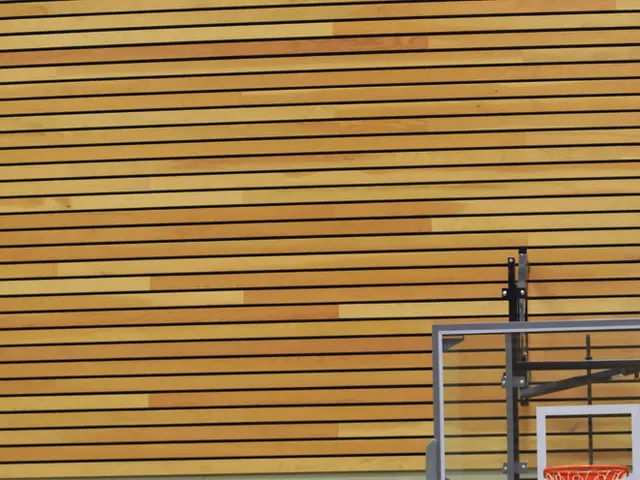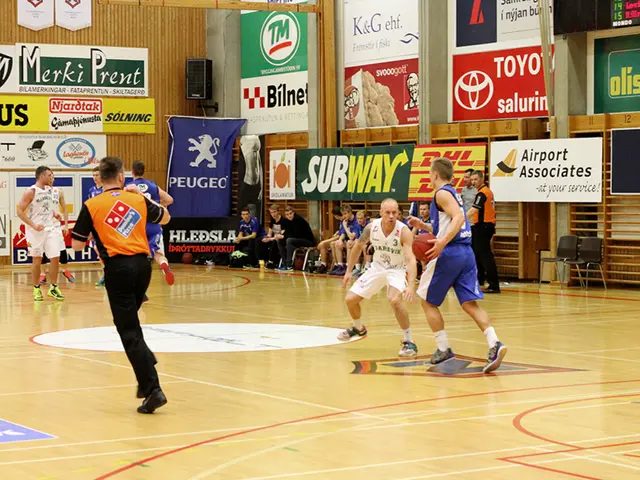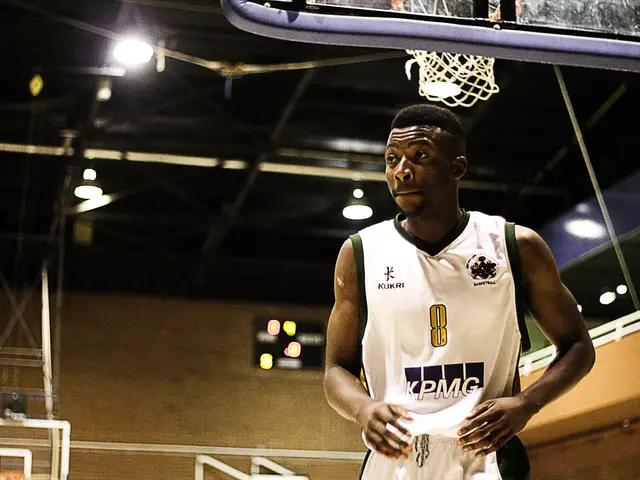International leaders from the EU and NATO express support for Ukraine as the Trump-Putin summit approaches.
In a collective stance, European leaders have reiterated their support for Ukraine's sovereignty and insisted that any peace agreement should not restrict Ukraine's armed forces or their cooperation with other countries. This position was recently reaffirmed in a joint statement [1].
European Commission Vice President Kaja Kallas emphasized the need for robust and credible security guarantees for Ukraine, stating that Russian President Putin cannot be trusted to honor ceasefire commitments [1]. The leaders oppose any arrangement that would grant Russia veto power or limit Ukraine's Western integration, including potential membership in the EU or NATO.
In contrast, Russia demands security guarantees based on the 2022 Istanbul framework, which would impose severe limitations on Ukraine’s military, forbid Ukraine from joining NATO, and grant Russia and its allies veto power over Western military aid to Ukraine. European leaders view this framework as leaving Ukraine defenseless and allowing Russia to control Ukraine's security decisions [1].
To counter this, European leaders advocate forming a "Coalition of the Willing" to define and provide security guarantees to Ukraine. This may involve positioning European troops in unoccupied parts of Ukraine to deter further attacks, with logistical and intelligence support from the United States but without US ground troops. They emphasize the need for continued strong sanctions on Russia and coordinated transatlantic support as key to maintaining momentum in supporting Ukraine [2].
Following a recent meeting at the White House involving Ukrainian President Zelenskyy, European leaders, and President Trump, all parties expressed support for a ceasefire but acknowledged no detailed agreement on peace terms had been reached. Trump indicated willingness to provide US security guarantees to Ukraine, but the details remain unspecified [3].
The leaders of Denmark, Estonia, Finland, Iceland, Latvia, Lithuania, Norway, and Sweden have also reaffirmed their support for Ukraine, emphasizing that international borders must not be changed by force. The heads of Germany, France, Italy, Poland, Britain, Finland, and EU Commission chief Ursula von der Leyen issued a joint statement, stating that the path to peace in Ukraine cannot be decided without Ukraine [4].
In separate statements, Kaja Kallas, Mark Rutte, and JD Vance have expressed their views on the situation. Kallas believes any deal between the US and Russia must include Ukraine and the EU, as it is a matter of Ukraine's and Europe's security. Rutte suggested that a future deal could acknowledge Russia's control of some Ukrainian territory. Vance announced that Washington plans to withdraw financially from supporting Ukraine, stating that if the Europeans want to buy weapons from American producers for Ukraine, the US is okay with that, but they will not fund it themselves anymore [5].
The Nordic-Baltic countries believe that peace can only come through consistent pressure being put on the Russian Federation to halt its "unlawful" war. They will continue to uphold and impose restrictive measures against Russia [6].
On Monday, EU foreign ministers are set to discuss the next steps for the bloc in a meeting by video link, together with their Ukrainian counterpart. The exact nature of the meetings or discussions between Trump, Putin, and the EU leaders is not detailed in this paragraph [3].
Next Friday's meeting between Trump and Putin will be important for testing Putin's seriousness in ending the war, according to NATO head Mark Rutte [7].
References: [1] https://www.reuters.com/world/europe/european-leaders-reject-russias-security-demands-ukraine-2022-05-13/ [2] https://www.politico.eu/article/europe-ukraine-security-guarantees-coalition-of-willing-trump-putin-summit/ [3] https://www.bbc.com/news/world-europe-61218195 [4] https://www.euronews.com/2022/05/13/ukraine-war-european-leaders-reiterate-support-for-ukraine-s-sovereignty [5] https://www.reuters.com/world/us/us-vice-president-vance-says-washington-will-withdraw-financial-support-ukraine-2022-05-13/ [6] https://www.reuters.com/world/europe/norway-sweden-join-finland-estonia-in-renewing-sanctions-against-russia-2022-05-13/ [7] https://www.reuters.com/world/europe/nato-head-mark-rutte-says-next-fridays-meeting-between-trump-putin-important-2022-05-13/
- The European leaders have made it clear that they will not accept any peace agreement for Ukraine that would restrict Ukraine's armed forces or limit their cooperation with other countries, including potential NATO membership.
- In a joint statement, European leaders, including those from Denmark, Estonia, Finland, Iceland, Latvia, Lithuania, Norway, and Sweden, expressed their opposition to Russia's demands for security guarantees that would impose limitations on Ukraine's military and force Ukraine to forgo Western integration.
- The leaders are advocating for the formation of a "Coalition of the Willing" to provide security guarantees to Ukraine, involving European troops in unoccupied parts of Ukraine and logistical and intelligence support from America.
- The news of international conflict in Europe continues to be a topic of political debate, with European leaders, the American government, and news outlets covering the developments in war-and-conflicts and general-news categories.






